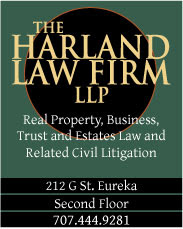The California Supreme Court today issued an order that puts into place an important new ethical rule regarding the special responsibilities of prosecutors to disclose exculpatory evidence.
The order gave a green light to the State Bar of California to implement rule changes the agency submitted to the Court, which gives clear guidelines for prosecutors in criminal cases around discovery and exculpatory evidence. Such evidence can often impact a defendant’s innocence or guilt.
This Court-approved amendment to Rule 5-110notes that there are special responsibilities for prosecutors and mandates that prosecutors “make timely disclosure to the defense of all evidence or information known to the prosecutor that the prosecutor knows or reasonably should know tends to negate the guilt of the accused, mitigate the offense, or mitigate the sentence[.”]
“Prosecutors must be held to a high standard to ensure public trust in the justice system and to protect defendants and their rights,” said Leah Wilson, executive director of the State Bar of California.
The amendments to Rule 5-110 approved by the Court’s order add new requirements for prosecutors to disclose evidence to the defense.
The new provisions are similar to the provisions in the American Bar Association Model Rule 3.8.
In October 2016 the State Bar Board of Trustees voted to adopt the new rule and advanced it to the Court for final approval, which came in May 2017.
But the Supreme Court order sent a portion of Rule 5-110, regarding prosecutors’ ethical disclosure obligations, back to the State Bar’s Board of Trustees to consider alternative revisions. The ethics rule update is part of a major overhaul of the Rules of ProfessionalConduct for the first time since the 1980s. The rules guide attorneys licensed in California. Attorneys who violate the rules are subject to discipline from the State Bar.





















No comments:
Post a Comment
Note: Only a member of this blog may post a comment.